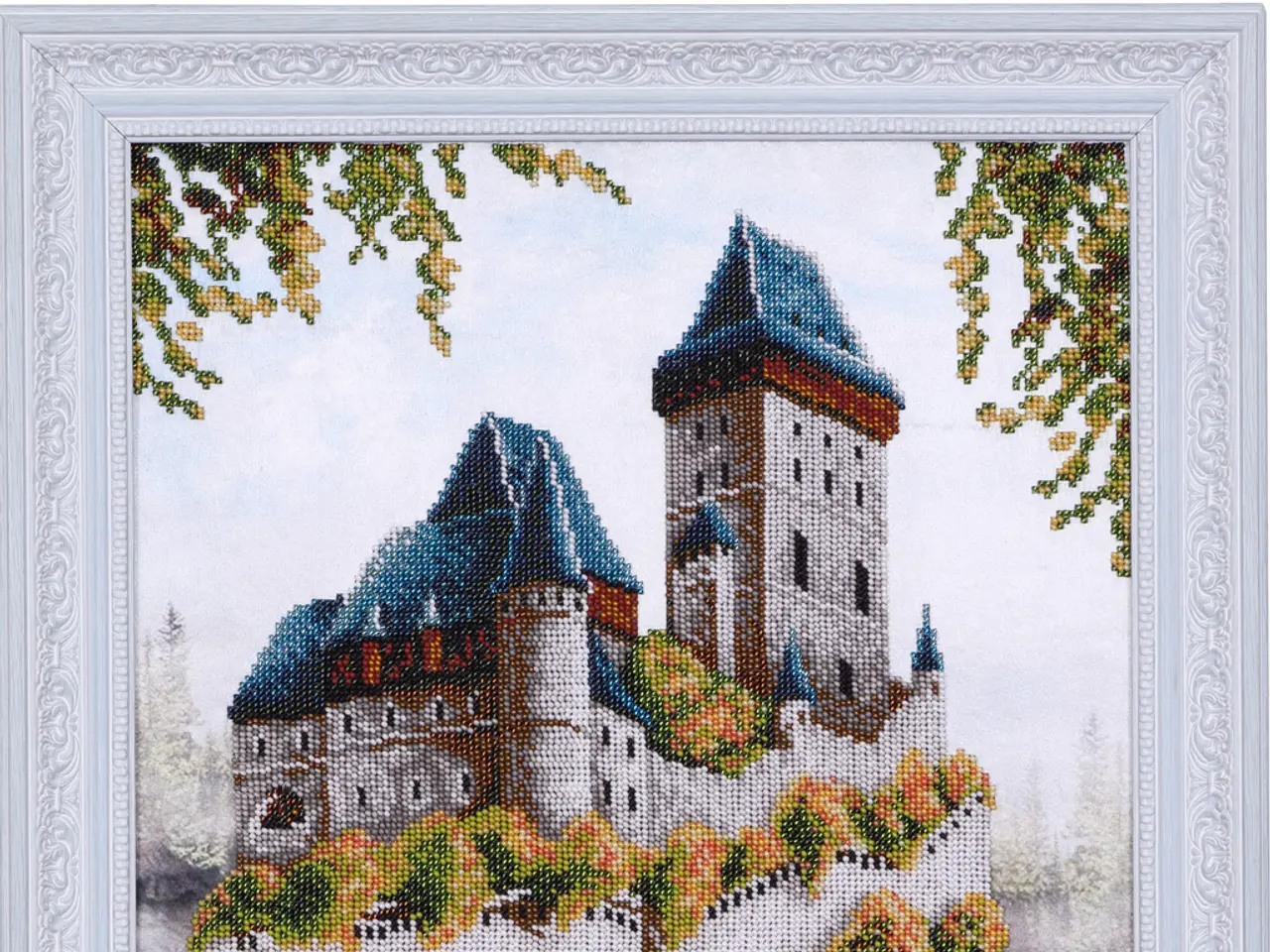Steel Industry Summit Urged by IG Metall: 'Numerous Jobs Hang in the Balance'
Template-Free Rewrite:
Breaking News:
I'm here to spill the beans on the steel goliath ArcelorMittal, who's stirring up a storm with their plans to keep their plants in Bremen and Eisenhüttenstadt burning coal instead of embracing a greener future. Jürgen Kerner, IG Metall's number two, ain't holding back his critique, calling it a reckless, economically illogical, and morally reprehensible move with severe consequences for employment and societal welfare.
Preparing for a climate-neutral steel industry is a long-term mission. Jürgen Kerner emphasizes that this shift holds the fate of thousands of jobs in Bremen and Eisenhüttenstadt. The workers are on board, politics is ready to shell out billions, and electricity prices are looking promising. But it's ArcelorMittal's executives who are showing signs of jitters.
A Setback for Climate Goals
ArcelorMittal won't budge on their resolve to stick with traditional steel production in Bremen and Eisenhüttenstadt. That means they're giving up on using hydrogen, produced from renewable energy sources like wind or solar power, as an energy source. This move costs them 1.3 billion euros in state funding. Even with subsidies, they argue the project isn't economically feasible.
For the federal government, this decision spells trouble in the transition of the industry. The steel sector is among the largest CO2 emitters in Germany, and it plays a crucial role in hitting climate goals.
Jürgen Kerner isn't buying it. He wants immediate action from the government with a crisis summit for the steel industry.
France is making waves with politically subsidized industrial electricity, while Germany is struggling to find European-compliant solutions. Steel has to take center stage here, Kerner urges.
Insights:ArcelorMittal's decision not to convert its Bremen and Eisenhüttenstadt plants to more climate-friendly production methods involving Direct Reduced Iron (DRI) and Electric Arc Furnace (EAF) technologies using renewable hydrogen is a complex affair, hampered by unfavorable business cases, challenging market conditions, high electricity prices in Germany compared to international competitors, regulatory obstacles, and a gradual development of commercially viable renewable hydrogen[2][3][4]. The company initially intended to use natural gas for DRI in Bremen before transitioning to renewable hydrogen, aiming to produce up to 3.5 million tonnes of steel annually by 2030 under these new methods[1][3][4]. However, the policy and energy market environments have not progressed fast enough to support the investment decision[2][3]. This cancellation, driven by economic and policy challenges, poses risks to both national and European climate targets and the future competitiveness of the steel industry[1][2][4].
- The decision made by ArcelorMittal to continue traditional steel production in Bremen and Eisenhüttenstadt, despite the potential for using renewable hydrogen as an energy source, results in a loss of 1.3 billion euros in state funding.
- With France already moving forward with politically subsidized industrial electricity and Germany struggling to find European-compliant solutions, Jürgen Kerner emphasizes the need for steel to take center stage in the transition process.
- In the context of climate-neutral environmental science, the steel industry is facing significant challenges due to the high electricity prices in Germany and the slow progress of policy and energy market environments, hindering the transition to more climate-friendly production methods like Direct Reduced Iron (DRI) and Electric Arc Furnace (EAF) technologies using renewable hydrogen.




